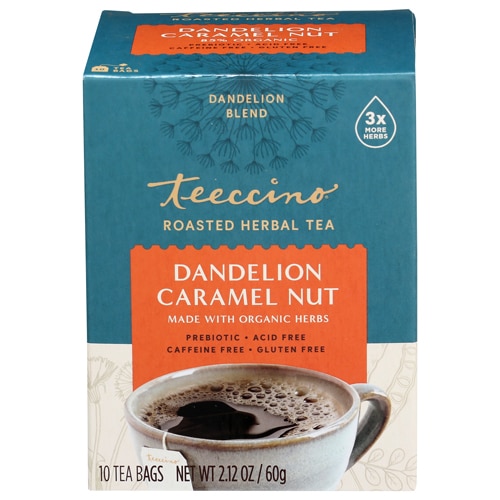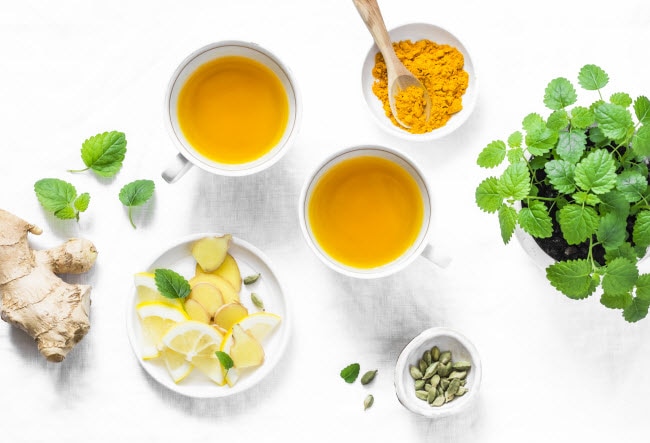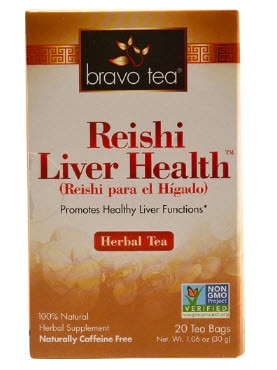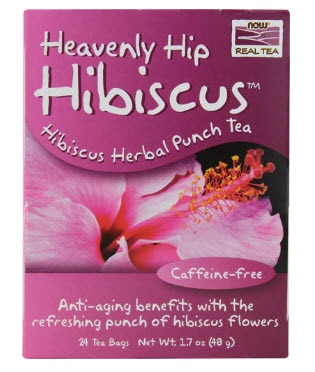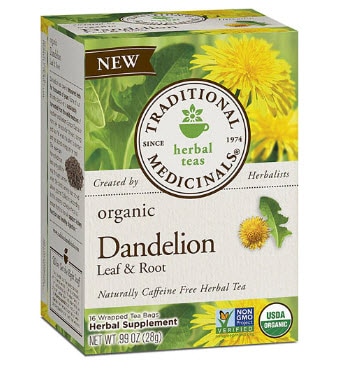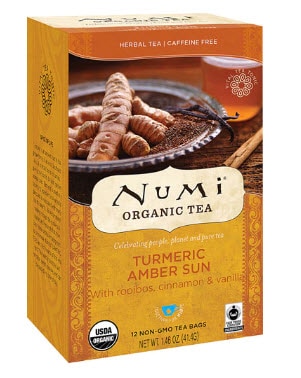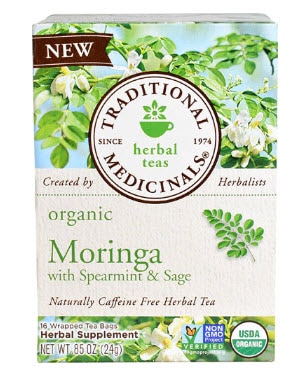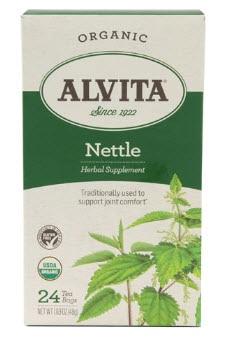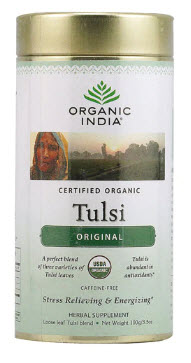Next to water, tea is the most popular beverage in the world, finding a spot in 80 percent of American households and nearly surpassing coffee as millennials’ drink of choice.
A mere glance at its benefits suggests why it’s stood the test of time. In addition to soothing the soul—something the Brits have known for centuries—tea offers a wealth of therapeutic advantages, from treating heartburn to easing insomnia. Indeed, research published in the European Journal of Clinical Nutrition demonstrates that tea outshines water in terms of health benefits. “Drinking tea is actually better for you than drinking water,” Dr. Carrie Ruxton, a nutritionist and the lead author of the study, told the BBC. “Water is essentially replacing fluid. Tea replaces fluids and contains antioxidants so it’s got two things going for it.” In other words? Millennials have got it right: Drinking tea on a daily basis may help us stave off everything from tooth decay to poor heart health.
And yet, most people reach for the standard types: black, oolong and green. (Side not: Tea buffs will be quick to point out that these are genuine teas; herbal teas are cultivated from different plants entirely.) While these teas abound with proven benefits—particularly green tea, which has been shown to slow the progression of dementia, among other pluses—dozens of other types offer a cornucopia of health bonuses.
Here are seven unusual types of tea we’re loving right now—and why you should get that kettle started:
1. Reishi tea
Reishi—arguably the most fashionable fungi mushroom on the market—is often referred to as the “mushroom of immortality.” For good cause, too: It nourishes the liver, supports liver detox and naturally promotes healthy liver functions. Bravo Tea's Reishi Liver Health not only offers these incredible benefits; it’s also infused with jasmine to give the tea a comforting, balanced taste.†
2. Hibiscus tea
Picture a hibiscus and you’ll likely think of the copious beauty of Hawaii (it is, after all, the state’s official flower). But this member of the mallow family is more than a mere ornamental. Historically used to treat everything from sore throats to increased body temperature, mounting research demonstrates that hibiscus tea is a boon for weight management and cardiovascular health. It can also turn a dull complexion radiant, thanks to its ability to clean from the inside out.†
3. Dandelion tea
Mild and sweet, dandelion tea has been treasured for centuries—not only for its pleasant taste but also for the natural support it offers to a wide range of organs, including your liver, gall bladder and kidneys. Dandelion tea is also recognized for its ability to organically bolster the detoxification process by aiding your body in breaking down fats and “carrying away” waste.†
4. Turmeric tea
Turmeric has gone from a relatively-unknown compound to one of the most renowned spices on the globe. To be more specific, it’s turmeric’s inclusion of the biologically active polyphenolic compound curcumin that has turned it into a superstar. It’s no wonder: Studies have shown that it has antioxidant and neuroprotective activities (read: it may prevent free radical damage and naturally support brain health). Turmeric tea may also organically enhance digestion and support a healthy response to exercise-related inflammation.†
5. Moringa tea
Ayurvedic healers have prized moringa for more than 3,000 years. Traditionally dubbed “the wonder tree,” it’s now deemed one of the world’s best superfoods, contributing to a healthier you with its inclusion of key nutrients (such as iron, potassium, and calcium).
6. Nettle tea
Native to North America and Europe, nettle (or “stinging nettle,” in some circles) has long been revered for its medicinal properties. Once used by Roman soldiers to warm their legs in the cold of Britain, it’s now a widely-respected herb that’s been associated with everything from naturally fostering joint health to soothing skin.†
7. Tulsi tea
Holy basil—or “tulsi” in its native India—is venerated as the “queen of herbs” for its healing properties (primarily in the form of tannins and flavonoids). Chief among its powers is its capacity to organically encourage immune health. It’s also a choice pick for those under duress, as tulsi tea naturally relieves the body’s negative reaction to stress.† Tea-time? Oh yes.
†These statements have not been approved by the Food and Drug Administration. These products are not intended to diagnose, treat, cure or prevent disease.



